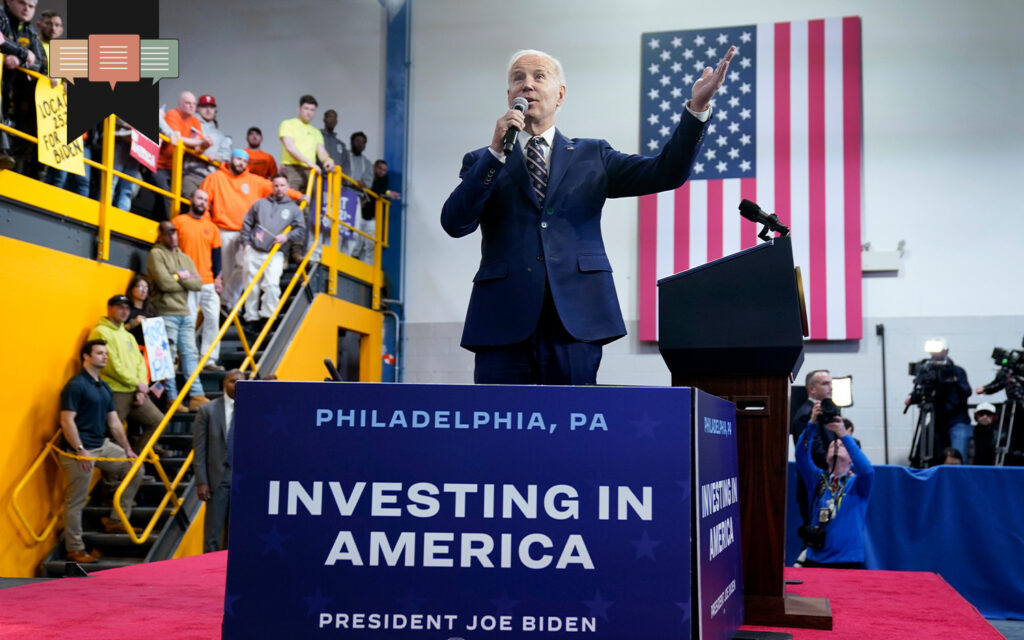
Published March 15, 2023
Since 2020, dozens of cities nationwide have launched short-term pilot programs providing no-strings cash assistance to small numbers of low-income community members. The initiatives are billed as experiments to prove the merits of guaranteed or basic income policy, providing cash payments unrelated to work. A number of pilots have tapped federal pandemic funding, and a coalition of local and county officials is lobbying for such a permanent policy at the federal level. Meanwhile in Washington, D.C., President Biden’s budget proposal, released on March 9, calls for reviving the child allowance cash grants that the federal government temporarily distributed in 2021.
The two efforts have in common the goal of perpetuating unconditional cash payments initiated during the Covid-19 pandemic beyond the benefits already provided by federal safety net programs. But such short-term pandemic policies offering cash grants disconnected from work are not a solid foundation for long-term flourishing. The most promising policies for decreasing poverty and increasing economic security help recipients advance on a work-based trajectory.
Please continue reading on the WORLD website.
Jennifer Patterson is a senior fellow at the Ethics and Public Policy Center. Her work focuses on projects related to religious freedom and overcoming poverty, drawing on her more than 25 years of experience in public policy.
Jennifer Patterson is a senior fellow at the Ethics and Public Policy Center. Her work focuses on projects related to religious freedom and overcoming poverty, drawing on her more than 25 years of experience in public policy.





